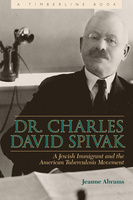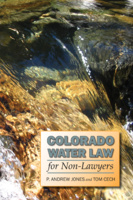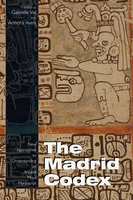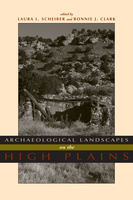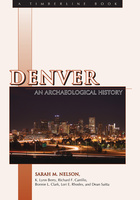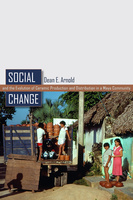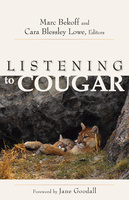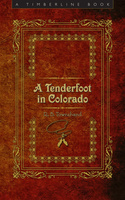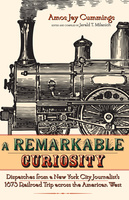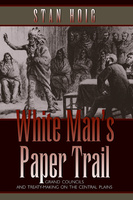
Founded in 1965, the University Press of Colorado is a nonprofit cooperative publishing enterprise supported, in part, by Adams State University, Colorado State University, Fort Lewis College, Metropolitan State University of Denver, University of Colorado, University of Northern Colorado, University of Wyoming, Utah State University, and Western Colorado University.
In 2012, University Press of Colorado merged with Utah State University Press, which was established in 1972. USU Press titles are managed as an active imprint of University Press of Colorado, and they maintain offices in both Louisville, Colorado, and Logan, Utah.
The University Press of Colorado, including the Utah State University Press imprint, publishes forty to forty-five new titles each year, with the goal of facilitating communication among scholars and providing the peoples of the state and region with a fair assessment of their histories, cultures, and resources.
Dr. Charles David Spivak
A Jewish Immigrant and the American Tuberculosis Movement
Colorado Water Law for Non-Lawyers
The Madrid Codex
New Approaches to Understanding an Ancient Maya Manuscript
Archaeological Landscapes on the High Plains
Denver
An Archaeological History
Social Change and the Evolution of Ceramic Production and Distribution in a Maya Community
Listening to Cougar
A Tenderfoot in Colorado
He found friends among some of Colorado's more colorful characters, people who taught him much about life on the frontier. Jake Chisolm taught him how to shoot after rescuing him from two men preparing to skin him at poker. Wild Bill of Colorado taught him the meaning of "the drop" and warned him against wearing a gun in town unless he wanted trouble. Capturing the Western vernacular more accurately than any other writer, Townshend includes vivid details of life in the West, where he killed a buffalo, prospected for gold, and was present for the official government conference with the Ute Indians after gold was discovered on their lands.
A Remarkable Curiosity
Dispatches from a New York City Journalist's 1873 Railroad Trip across the American West
White Man's Paper Trail
Grand Councils and Treaty-Making on the Central Plains
Stan Hoig shows how treaty-making - once considered a viable method of peaceably resolving conflicts - degenerated into a deeply flawed system sullied by political deceptions and broken promises.
White Man's Paper Trail illuminates the pivotal role of treaty negotiations in the buildup to the Plains Indian wars, in American Indians' loss of land and self-determination, and in Euro-American westward expansion.

